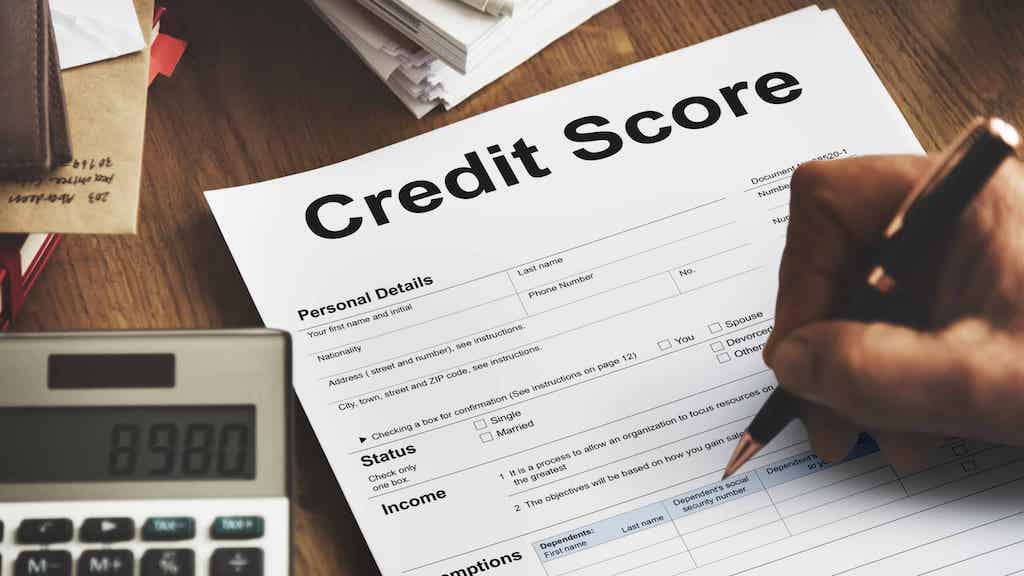It is certainly true when people say that it is easier to avoid getting into debt than to get out of debt. Though, there are bigger purchases that most people would require to get a loan for, for instance when you are purchasing a home. The same goes for credit cards - they come in handy both for daily purchases and more expensive items. On top of that, most credit cards come with other upsides in terms of rebates, bonuses and cash-backs that you may receive when using them.
What is important is to know how to manage your credits. All you have to do is to have discipline and avoid falling into credit traps. In this guide, we will share some tips to keep yourself on track with good credit.
Pay your credit cards and loans on time
You should ensure that you pay your monthly instalments on time and in full amounts in order to avoid paying interest and late fees. While doing so, you can enjoy rewards and rebates given by the credit card provider or bank. If you do not pay your credit card bill in time, the interest that you have to pay the next time will increase, and it could keep on snowballing. At the same time, the debt will affect your credit score negatively. You can avoid late payments by setting yourself alerts on the payment day each month.
Do not make minimum payments
While you pay your credit card or loans, avoid making minimum payments. Even though making minimum payments may help you now, it will bite you after as the interest will keep increasing and you will fall into a debt trap. Remember: Always avoid the temptation of making minimum payments!
Avoid multiple applications within a short period of time
It is understandable that you may want to submit credit card and / or loan applications to multiple banks in order to improve your chances of approval. However, this might not be a good idea. The more applications you submit to the banks, the more enquiries will be recorded in your Credit Bureau Singapore (CBS) report. When you submit multiple applications in a short period of time, the banks may think that you are ‘desperate’ to get a loan and they may infer it as a red flag, which will lead to them rejecting your application. Lendela’s platform is actually solving that issue altogether. With our simple loan comparison service, you will get access to multiple loan offers from banks and financial institutions with only one single application. Furthermore, you will receive personalised offers without having to go through multiple checks in your CBS report.
Do not max out your credit limit
It is always best to avoid maxing out your credit limit. If you do, you will not only increase the risks of damaging your credit score – you may also risk going over the limit. You could end up exceeding your credit limit without realising it when you sign up for recurring payments, for instance. When you end up spending more than your credit limit, there will be over-the-limit fees that you will have to pay. Not only that – you might struggle to pay off your monthly repayments too.
Avoid being a guarantor or co-signer for another applicant
When you agree to be a guarantor for your family or peers, you will have to consider a few worst case scenarios. For example, the borrower may not pay back the debts or may end up with late payments. When they do not pay off their debts consistently, both their credit score and your credit score will be affected, as you are the guarantor or co-signer for the credit.
Check your credit reports every 6 months or annually
It is important to review your expenses every month to make sure you are on track with your payments. It is also to ensure that you spend within your budget and do not exceed your credit limit. It is also advisable to review your credit report at least annually or twice a year. You will be able to check your credit history and credit score when you purchase your credit report. Furthermore, you will be able to review your current credit position and become aware of what the banks may look at when pulling a credit check on you. Besides that, you may also detect if there are any issues or inaccurate amounts in your report.
Summary
You should always do your research regarding credit cards or loans before you proceed to apply. At the same time, plan out your budget and affordability for the repayments. It is important to keep track of where your money goes. Always ensure that your monthly instalments do not exceed your monthly income! Use this guide as a step to a better credit score.


